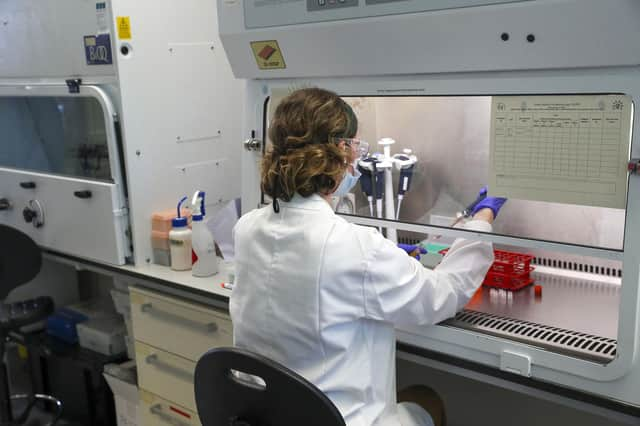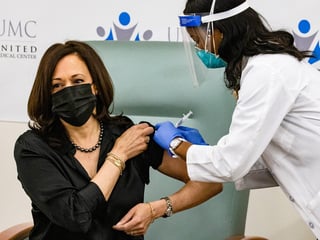Why Oxford University's 'vaccine for the world' is so important – Scotsman comment


However, the vaccine developed by Oxford University scientists and their commercial partner AstraZeneca is much more significant than that for at least two reasons.
One is that it does not need to be stored at temperatures of about minus 70 degrees Celsius – like the BioNTech/Pfizer one – and the other is that it is significantly cheaper.
Advertisement
Hide AdAdvertisement
Hide AdEarlier this month, Belgian secretary of state Eva De Bleeker tweeted the prices being paid by Belgium for six vaccines although, amid complaints about a breach of confidentiality, she quickly deleted it. The Oxford vaccine cost 1.78 euros (about £1.61), compared to between 7.56 and 18 euros for the other five.
This was not just a happy accident as Oxford’s vice-chancellor, Professor Louise Richardson, has previously explained. “We wanted to ensure that there not be any profiteering from the pandemic and, above all, we wanted to ensure that this vaccine would be available around the world – that it wouldn't just be a wealthy, first-world vaccine that was available across the globe. So we looked for a partner who would share that commitment and we found one in AstraZeneca,” she said.
Such fine sentiments will be shared by many but this is not simply a matter of ‘doing good’. The Oxford vaccine group’s director, Professor Andrew Pollard, stressed that “we're only protected ourselves in our community, whether it's for health reasons or economic reasons, when everyone is protected”.
In a globalised world, where it is easier for viruses to spread between continents than ever before, everyone does not mean everyone in Scotland, the UK or Europe but everyone on the planet. ‘Vaccine nationalism’ in the style of Donald Trump’s “America First” ethos is as foolish as it is immoral and downright nasty.
And if, as some fear, there are more pandemics to come, we will need all nations to collaborate in the same spirit of shared humanity as demonstrated so well by the Oxford/AstraZeneca team as they created what has been dubbed a “vaccine for the world”.
A message from the Editor:
Thank you for reading this article. We're more reliant on your support than ever as the shift in consumer habits brought about by coronavirus impacts our advertisers.
If you haven't already, please consider supporting our trusted, fact-checked journalism by taking out a digital subscription.
Comments
Want to join the conversation? Please or to comment on this article.
